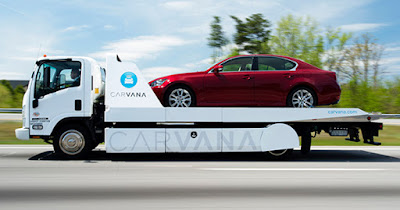News, tips, and opportunities pertaining to small business grants and other forms of business funding.

|
Everything To Know About Small Business Grants and More |
| Home | About Us | Find/ Apply For Grants | News/Blog | Resources | What To Know |
What to Consider When Buying A Vehicle for a Small Business
There are many reasons as to why more and more companies are getting cars for their employees. A business vehicle is great for employees who are mobile - they give your company a good image, free advertising, and so much more. If you are interested, here is what you need to consider when buying a vehicle for a small business.
Know Your Company’s Financial Situation
One of the first things you should consider is if your business can afford a vehicle. If your business is struggling, then purchasing a car probably isn’t the wisest investment. There are a few things you should consider, such as how profitable your business is, how long you have been open, and what your cash flow is. Knowing where your business stands financially can also help you decide what kind of vehicle you can afford and allow you to prepare a budget.
Determine the Vehicle’s Purpose
When buying a vehicle for a small business you’ll need to decide what you’ll be using the car for. Are you going to use your business vehicle for transportation? Does it need to have a lot of storage? Do you need low mileage for long travel? These are all questions you should consider before investing in a vehicle. It is also important to put the business’ above your own - decide on a car that will be the most durable and flexible for your line of work.
Purchase the Vehicle
There are a few different ways you can obtain a business car - buy it or lease it. This decision should reflect what’s best for your business. Leasing may allow your business to purchase a high-quality car. You could also consider getting a used vehicle; there are plenty on the market that will suit your business’ needs, be more affordable, and come in great condition.
Take Taxes into Consideration
There are many tax implications that come with getting a business vehicle and you should have a good idea of what they are. Knowing what you’ll need to pay, such as excise taxes, as well as possible deductions you’ll be able to make is imperative. It is essential that you also keep a record of your business’ usage of the vehicle. Get in touch with someone who is familiar with tax laws - they should be able to help you figure out what to expect.
